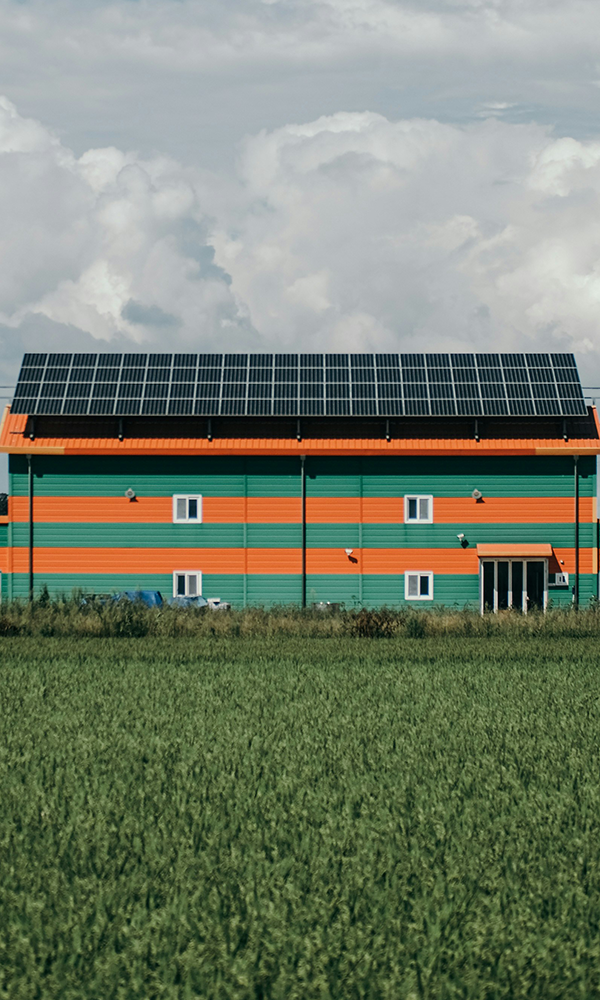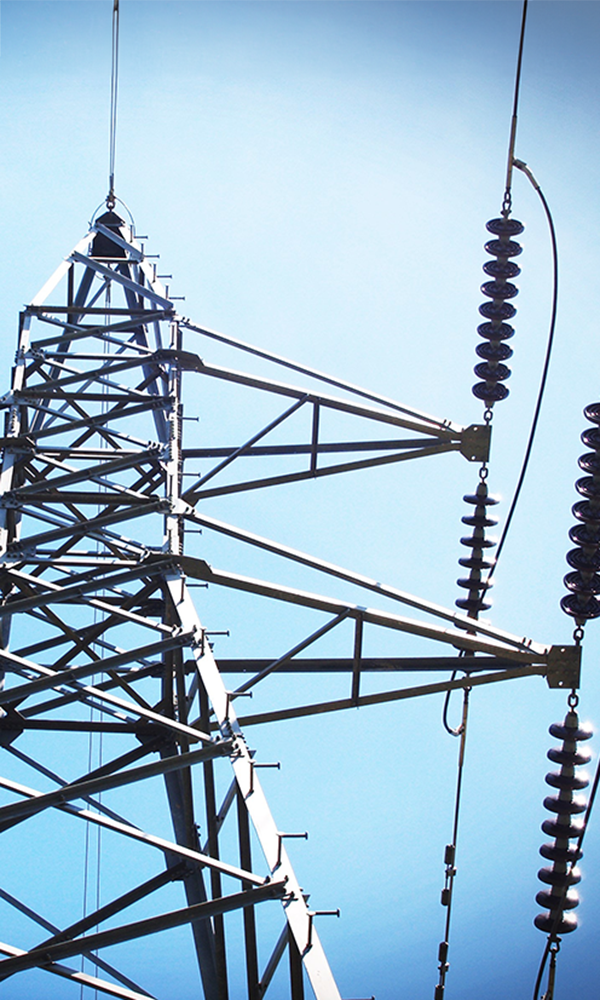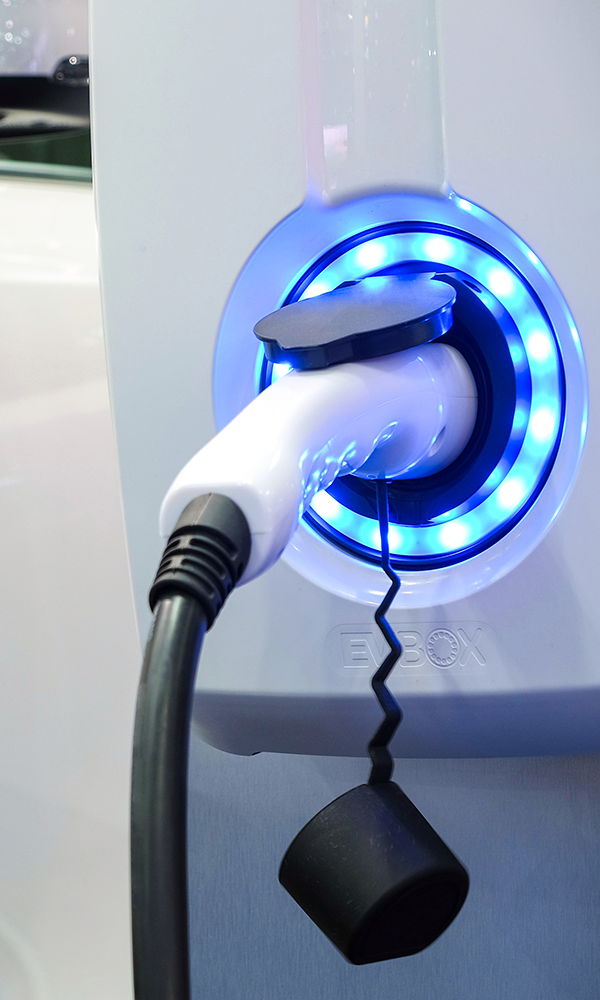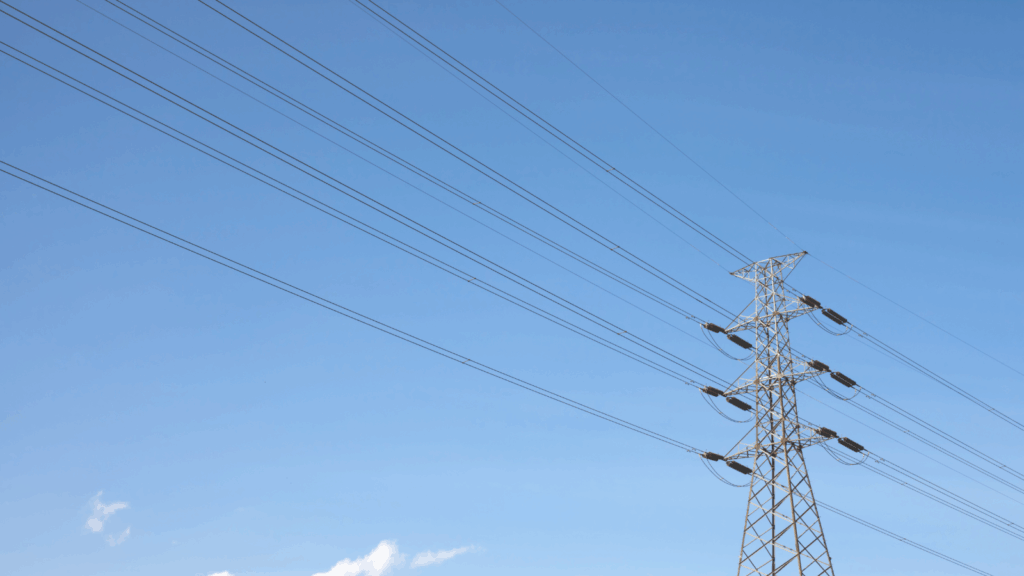We need energy to power our lives, but it does not have to come at a high environmental cost. To live within our planet’s boundaries, we must transition to renewables instead of continuing to rely on destructive fossil fuels. Globally, 80% of energy used – including for electricity, heating, transport, and manufacturing – still comes from fossil fuels, damaging our planet, environment, air quality, and health. With so many renewable energy solutions available, fossil fuels must become a thing of the past – today. But which solutions should we use – and for what? ECOS helps to answer those questions.



We are looking for a highly motivated Programme Manager to work on the energy transition, including its links with circular economy. The successful candidate will report to ECOS Senior Programme Manager, Energy Transition. Apply today!
The European Commission is about to set new rules on how to calculate greenhouse gas emissions from hydrogen production, defining what can be classified as ‘low-carbon’. What methods and definitions are the most accurate, and how can they be integrated into EU law? Find out in our blog.
With hydrogen high on the political agenda, hydrogen producers are under pressure to measure and report on their environmental impacts. How can they do so effectively? And more importantly: how can they use this knowledge to reduce emissions? Calculators have limits — ambition must be added separately for the numbers to have any use.
What can the EU do to make electrification work? From renewables to efficiency – and everything in-between – discover the six energy transition essentials in our factsheet.
Download the pdf


ECOS is co-funded by the European Commission and EFTA

 Funded by the European Union. Views and opinions expressed are however those of the author(s) only and do not necessarily reflect those of the European Union or EISMEA. Neither the European Union nor the granting authority can be held responsible for them.
Funded by the European Union. Views and opinions expressed are however those of the author(s) only and do not necessarily reflect those of the European Union or EISMEA. Neither the European Union nor the granting authority can be held responsible for them.
